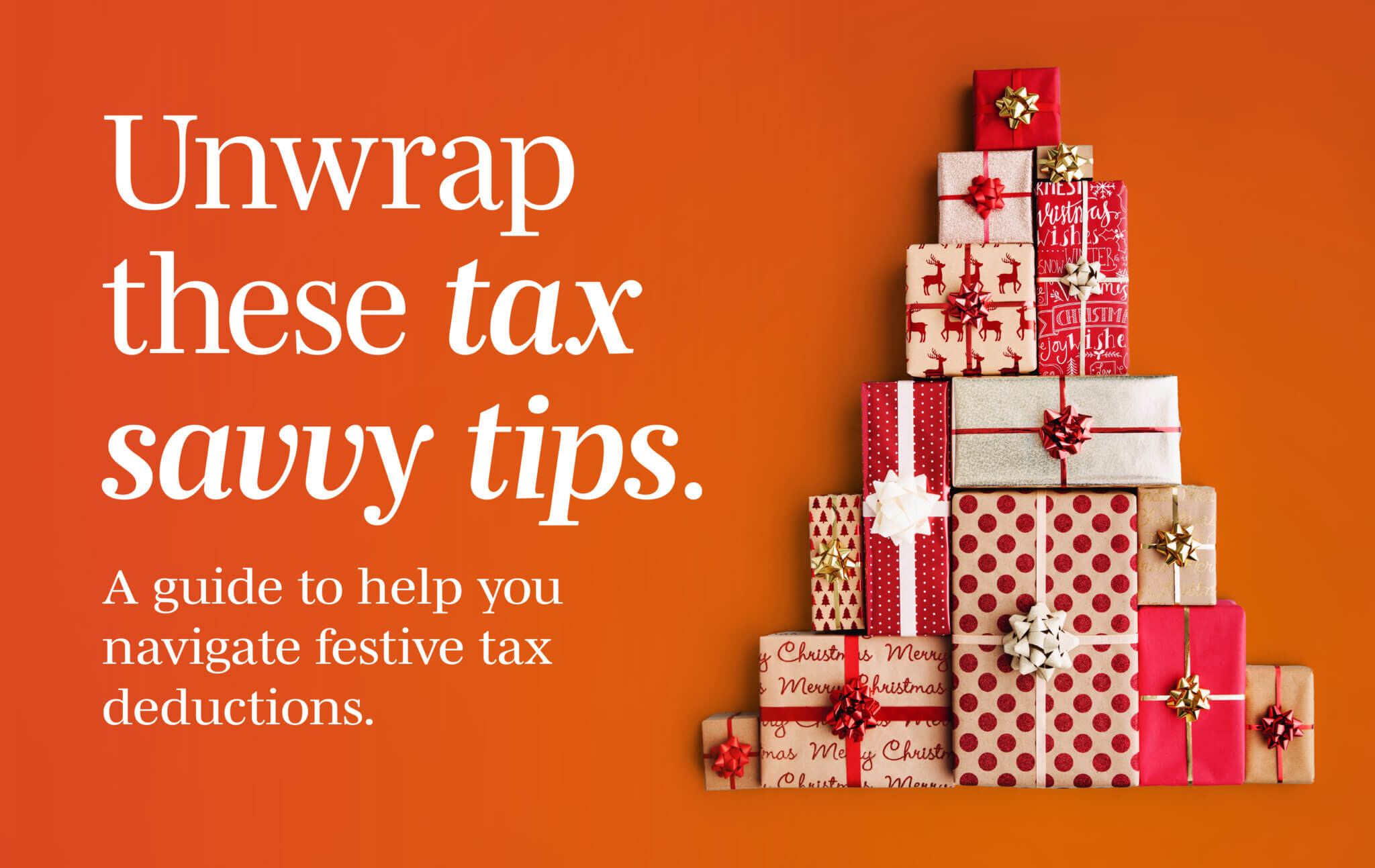As the holiday season approaches, many of us are eager to spread Christmas cheer through gifts and donations! While the joy of giving is undeniable, before you dive headfirst into the festivities, it’s essential to consider the tax implications associated with your generosity. This guide will help you navigate the complexities of tax deductions, ensuring that your gifts and donations not only warm hearts, but also benefit your business financially.
Gifts for Staff
For those of us who look forward to taking on the role of Santa, it’s important to know the specific tax implications of extending gifts to staff. Gifts that exceed the value of $300 per head are subject to Fringe Benefits Tax (FBT). As an employer, you will be required to pay a 47% FBT on the grossed-up value, but the silver lining is that employers can claim a tax deduction and the GST component (if applicable). For those not registered for FBT, gifts exceeding $300 are not tax-deductible, and GST cannot be claimed.
If you want to steer clear of FBT territory, gifts under $300 are more favorable from a tax perspective. Certain items, such as beauty products, perfumes, wines/alcohol, vouchers, flowers, and hampers, are all deductible as long as they stay under the $300 limit per head. Just be aware of exceptions to the rule — gifts considered entertainment, like tickets to movies, sporting events, or concerts, are not tax-deductible.
Employers can also extend the festive cheer to staff spouses, but the $300 limit is still applicable and crucial to maintain tax deductibility and avoid FBT.
Gifts for Clients
As with staff, tax deductions can also be up for grabs when it comes to gifts for clients. As flagged above, gifts that fall under the “entertainment” category are not tax-deductible. However, gifts like beauty products, perfumes, wines/alcohol, vouchers, flowers, and hampers are deductible and fair game.
In order for these gifts to be tax deductible, businesses must be able to demonstrate that this is business, and nothing personal. You need to be able to show a clear intention to generate future income through the relationship, and that this is not a personal gift. For example, a gift to a client who is also a close friend may be seen as personal and, therefore, not tax-deductible.
Fortunately, FBT does not typically apply to gifts provided to clients, making it a much more straightforward process.
Making Donations to Charities
For those looking to make charitable donations at this time of year, good news: there are tax benefits available! Businesses can make tax-deductible donations to registered charities, provided the amount donated exceeds $2 (or the total annual contributions surpass $2).
Who you choose to donate to is completely up to you and your business, however it is important to confirm your chosen charity is a registered deductible gift recipient. To do this, you can either reach out to the organisation, or consult with your tax advisor or accountant. If they aren’t a DGR you won’t get a deduction!
The only other thing to remember — if you want your donation to be eligible for tax deductibility, there must be no goods or services received by yourself or your business in return for your generosity.
We’re Here to Help!
‘Tis indeed the season of giving and, while we can get caught up in the festivities, it’s equally important to keep on top of the tax implications you might be incurring during this time. As a business owner, if you’re not sure of the tax regulations and want to remain both generous and financially savvy, now is a good time to consult with your accountant regarding any gift-giving plans.
If you’d like to know more about smart tax planning, don’t hesitate to reach out to Hoffman Kelly. Our expert team is here to answer your questions and help guide you and your business. Contact us today!

